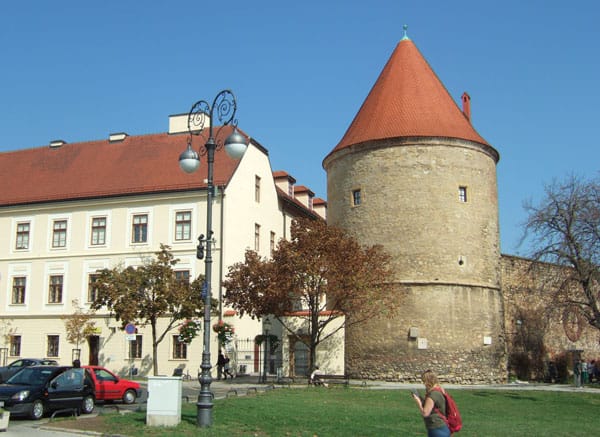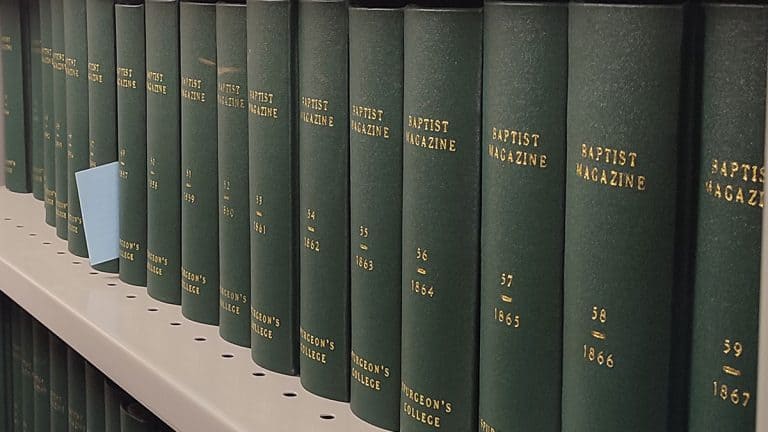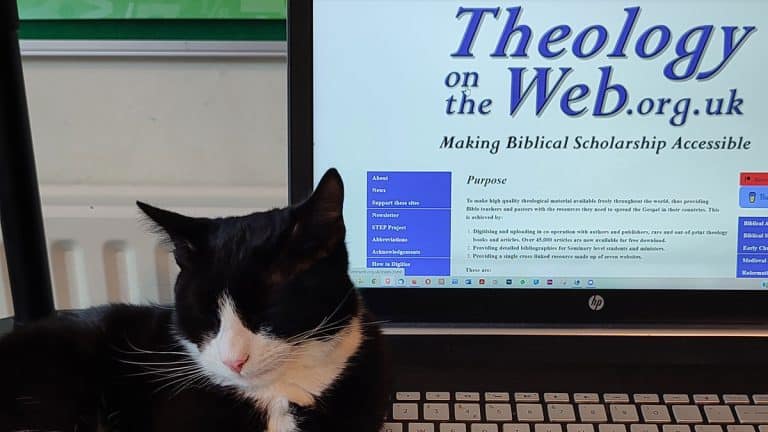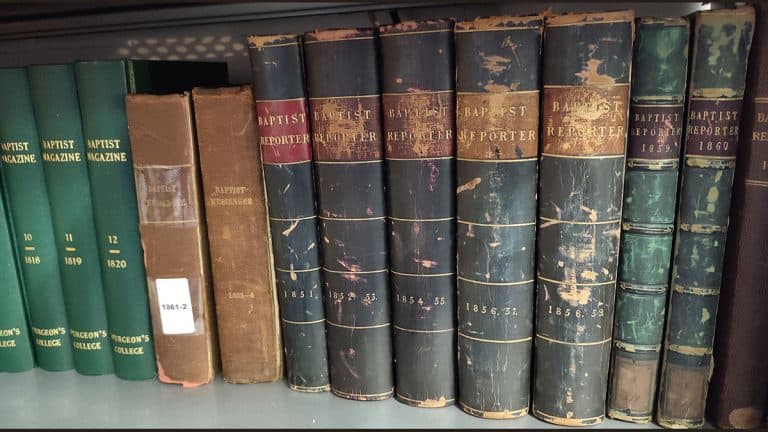Digitisation for the Web on a (very small) budget

I was invited by the Committee of the Association of European Theological libraries (BETH) to speak at their 2017 conference. Located in the beautiful city of Zagreb in Croatia, the subject of the conference was “Digitisation in European Theological Libraries”. This was clearly a subject of great interest to BETH members as around 60 representatives from libraries across Europe attended – making it the most popular event in BETH’s history. The Conference proved to be a great experience, giving an insight into the many projects being undertaken across Europe. It also allowed me to make several very useful new contacts.

How to Achieve a Great Deal for Very Little
Most of the theological libraries in mainland Europe – like most in the UK – operate on a shoestring. So my subject “Digitisation for the Web on a (very small) budget” was well received. I was able to show that for many scanning projects it was not necessary to spend £15,000 on scanning equipment as I explained how I had developed Theology on the Web. The PowerPoint slides from my talk are available on the BETH website, along with those of the other participants.
Summary of Presentation
Theology on the Web provides free access to over 30,000 peer-reviewed articles plus hundreds of books – all on a very small budget. Using industry standard software, basic scanning equipment and a single volunteer technician, the project costs less than £1,500 each year to maintain. Developed over a period of 16 years and spread over eight websites, it currently hosts complete or partial content from over 60 journals (many of which are not available on-line elsewhere) and tables of contents for around 30 more. Copyright is carefully checked and the appropriate permissions obtained before being uploaded to the Internet. Materials for scanning are often provided free of charge by libraries from duplicate or redundant stock.
Despite its low running costs and “low tech” nature it consistently provides access to theological training in regions where physical books and articles are scarce or non-existent and received around 1.8 million visitors in 2016.Theology on the Web provides free access to over 30,000 peer-reviewed articles plus hundreds of books – all on a very small budget. Using industry standard software, basic scanning equipment and a single volunteer technician, the project costs less than £1,500 each year to maintain. Developed over a period of 16 years and spread over eight websites, it currently hosts complete or partial content from over 60 journals (many of which are not available on-line elsewhere) and tables of contents for around 30 more. Copyright is carefully checked and the appropriate permissions obtained before being uploaded to the Internet. Materials for scanning are often provided free of charge by libraries from duplicate or redundant stock. Despite its low running costs and “low tech” nature it consistently provides access to theological training in regions where physical books and articles are scarce or non-existent and received around 1.8 million visitors in 2016.



